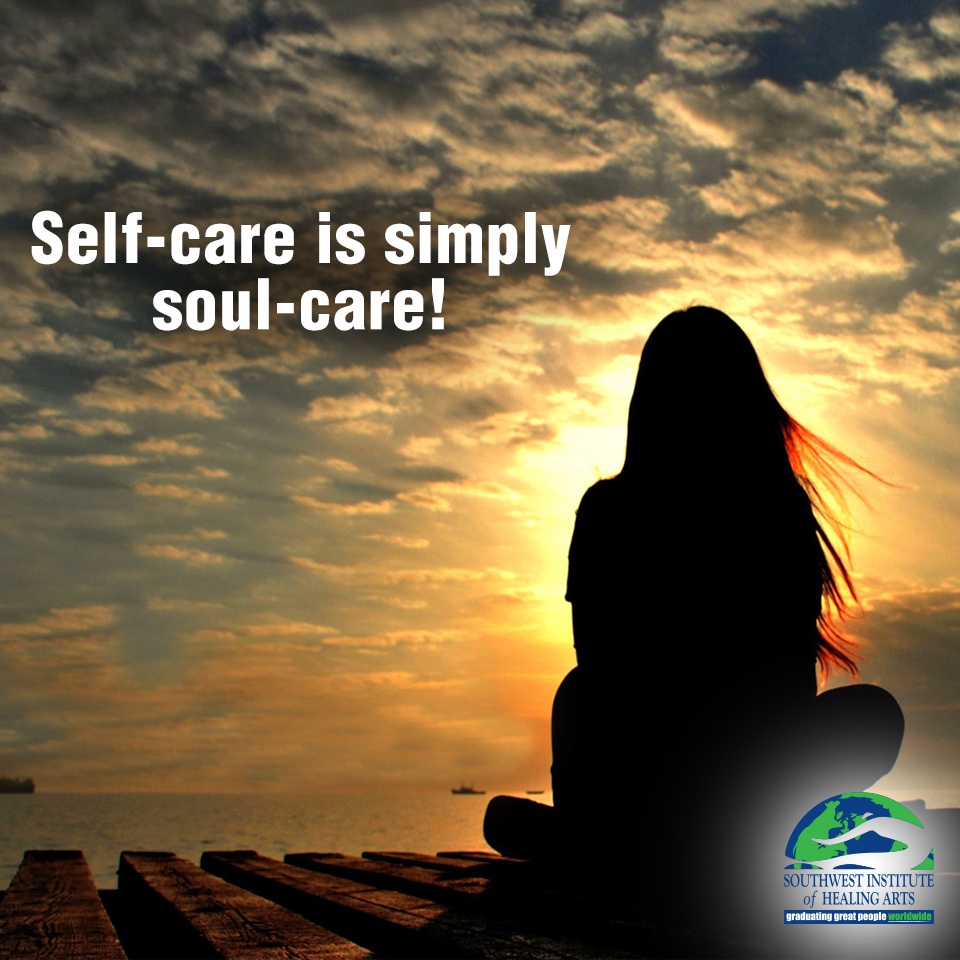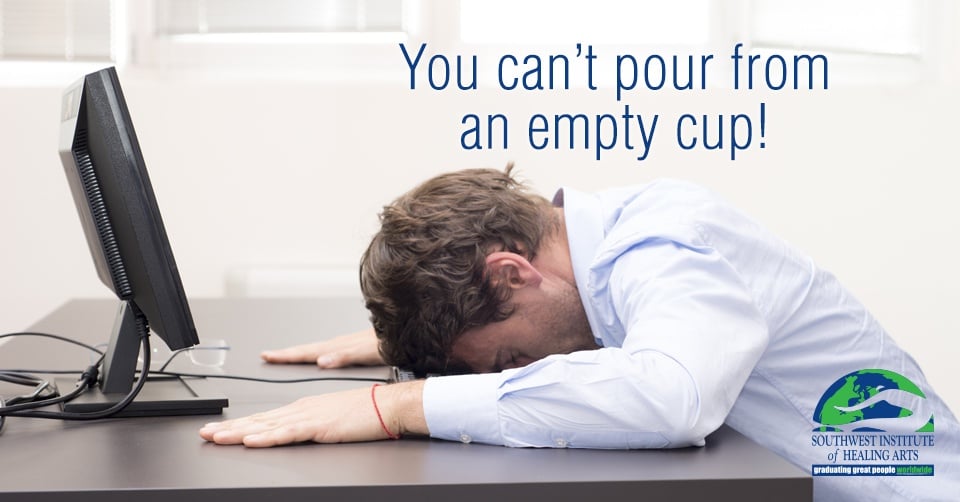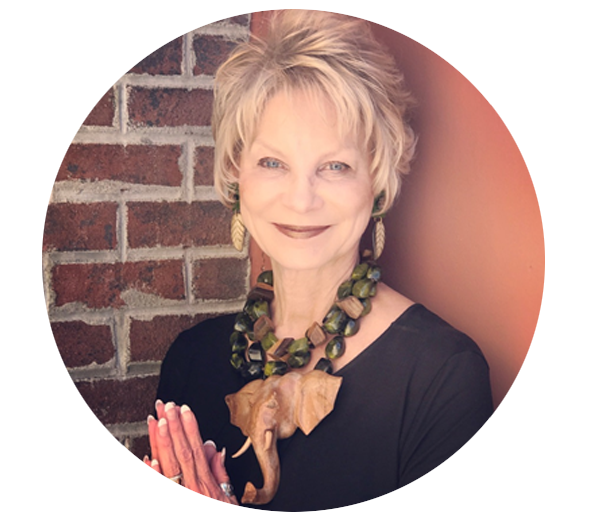If you, or someone you know, is a caregiver, it goes without saying that you could probably use more sleep. You are not alone! The statistics are staggering: there are approximately 43.5 million people in the United States who identify as caregivers!
Approximately 8.5 million of these primary caregivers are single mothers and 2.5 million are single fathers. These numbers don’t include the 1.7 million veterans who have returned home in the last ten years and who are now suffering from post-traumatic stress disorder or some form of depression—individuals who also need a great deal of support and care.
What are the signs of Caregiver Burnout?
While a caregiver takes primary responsibility for individuals who cannot fully care for themselves—including newborns, children, those with special needs, and the elderly—many caregivers also have full-time careers outside of their caregiving responsibilities. One of the saddest statistics about caregivers is that they tend to be stuck in jobs that don’t fulfill them, which leads to more mental and spiritual fatigue.
This phenomenon is known as Caregivers Fatigue Syndrome, or simply caregiver burnout— a state of physical, emotional, and mental exhaustion that may be accompanied by a change in attitude from positive and caring to negative and disinterested.
You may be suffering from caregiver burnout if you’re experiencing the following:
- You’ve stopped laughing or experiencing joy in your life.
- You're weepy and more emotional in general.
- Your emotions are all over the place.
- You can’t make decisions as easily, or you’re more impulsive and make a decision just because one needs to be made.
- You're becoming forgetful or unfocused.
- You are using alcohol or drugs to self-medicate and escape.
- You find yourself seeking solace in food and gaining weight.
- You're clumsier or more accident-prone than usual.
- You can't shake a simple cold or allergies.
- Your skin doesn’t look that great.
- You dream of flying, falling or driving off a cliff.
 The signs of a caregiver being exhausted are actually similar to secondary PTSD. It can be traumatic and stressful for someone to find themselves occupying the role of a primary caregiver, particularly if that person feels like he or she is “in it” alone. The California Caregiver Resource Center reports that 41% of caregivers are awakened during the night by the individual they attend to and that these same caregivers score significantly higher on depression screenings. When the stress of caregiving is coupled with an individual’s already present vulnerability, symptoms that mirror PTSD—like depression, numbness, guilt, anxiety, dread, apathy, irritability, and more—can arise. Dr. Barry Jacobs, a clinical psychologist who authored The Emotional Survival Guide for Caregivers, describes this as a “very common problem” in which “[m]any people find themselves unable to stop thinking about the suffering the witnessed, which is so powerfully seared into their brains that they cannot push it away.”
The signs of a caregiver being exhausted are actually similar to secondary PTSD. It can be traumatic and stressful for someone to find themselves occupying the role of a primary caregiver, particularly if that person feels like he or she is “in it” alone. The California Caregiver Resource Center reports that 41% of caregivers are awakened during the night by the individual they attend to and that these same caregivers score significantly higher on depression screenings. When the stress of caregiving is coupled with an individual’s already present vulnerability, symptoms that mirror PTSD—like depression, numbness, guilt, anxiety, dread, apathy, irritability, and more—can arise. Dr. Barry Jacobs, a clinical psychologist who authored The Emotional Survival Guide for Caregivers, describes this as a “very common problem” in which “[m]any people find themselves unable to stop thinking about the suffering the witnessed, which is so powerfully seared into their brains that they cannot push it away.”
Linda Bennett, Master Hypnotherapist and Program Director for SWIHA’s Clinical Hypnotherapy Certificate, explains this phenomenon through a common saying: “You can’t pour from an empty cup.”
So, what can you do as a caregiver to manage this kind of burnout? Get more S.L.E.E.P.
Self-care
Richie Norton, bestselling author of The Power of Starting Something Stupid, offers this wise advice: “Selfishness at the expense of others is bad. Self-care for the betterment of others is good.” This author redefines stupid as we know it, demonstrating that life-changing ideas are often tragically mislabeled “stupid.” Is it stupid to think taking time out from an excruciating busy schedule for self-care will actually give you more time? No, it’s not stupid at all!
University of Houston professor Brené Brown—known for her research on shame and for authoring The Gifts of Imperfection, Daring Greatly, Rising Strong, and Braving the Wilderness—has found that exhaustion has become a status symbol. Caregivers believe that their value and self-worth are measured by how much they give— to the point of exhaustion and resentment.
In The Gifts of Imperfection, Brené writes, “One of the most universal numbing strategies is what I call ‘crazy-busy.’” She goes on to explain, “Choosing to be ‘crazy-busy’ is a great armor— it’s a great way for numbing. What a lot of us do is stay so busy, and so out in front of our life, that the truth of how we’re feeling and what we really need can’t catch up with us.”
So, what if we began to believe that self-care was soul-care? Consider this scenario:
Imagine you have been given the important responsibility of watering a village’s community garden. This garden provides sustenance for the entire village and provides a place to foster community and ceremony. Then imagine that for a myriad of reasons or excuses, you stop watering the garden, and all the crops dry up and die! How would you feel? How would others treat you? Would you want to shrivel up in shame?
While this is a scary and dramatic situation, it is analogous to not caring for one’s self. Caregivers are the garden from which compassion, kindness, and love blossoms. We must sustain ourselves so that we might help sustain others.
Look
Look at what serves you and what sucks the life out of you! Ouch! That’s being brutally bottom-line! Although no one knows who said it first, it needs to be said more often: do what feeds your soul!
Some great life coaching questions designed to help caregivers find perspective and L.O.O.K. closer at their lives are as follows:
- Are you serving from a place of love or from a place of having lost something?
- What opportunities are you facing that could be considered a “soul-assignment” rather than exhausting earthly work?
- What if you became an observer with the ability to see the blessing in this “season of service”? What would you observe?
- What bit of kindness could you extend to yourself that would be self-healing?
Evaluate Expectations

Self-care is simply soul-care! “One of the harsh realities about practicing extreme self-care is that you must decide to break your pattern of self-sacrifice and deprivation,” writes Cheryl Richardson, author of The Art of Extreme Self-Care: Transform Your Life One Month at a Time
Cheryl Richardson is considered one of the founders of the life coaching industry. She served as the first president of the International Coach Federation (ICF), acted as team leader for the Lifestyle Makeover Series on the Oprah Winfrey Show, and accompanied Winfrey on the nationwide “Live Your Best Life” tour. As one of Hay House’s top authors, Cheryl is very clear about the challenge she offers caregivers:
“You'll need to start saying no, setting limits, and putting boundaries in place to protect your time, energy, and emotional needs. You must manage the expectation of others and those you have of yourself. Because you'll be changing the rules of the game, certain individuals won't like it. Yet remember, if you want to live a meaningful life that also makes a difference in the lives of others, you need to make a difference in your own life first. That way your motivation is pure and without regret.”
Evolve
There was a time, not so long ago, that science and medicine shared the belief that brain development was programmed during childhood, and further development in adulthood simply did not happen. However, due to the advancements in neuroplasticity research, we now know that the brain is flexible and malleable, as opposed to being rigid and unchangeable, and has the ability to change and adapt throughout life. More recent scientific evidence has revealed that we can rewire our brains, alter our thoughts, perceptions, and experiences, and change a negative mindset into a positive one– all of which affect sleep and quality of life.
The various ways you can get sleep (or its equivalent) as a caregiver have evolved; we now know that holistic practices like hypnotherapy, guided imagery, mindfulness, and yoga nidra are efficient substitutes for sleep when we might otherwise be strapped for time.
In fact, SWIHA and Banner Medical Center have been working together for over three years to study the benefits of guided imagery with their patients and family members. There is documented evidence that hypnotherapy and guided imagery has efficacy with pain management, stress management, and nausea levels, allowing patients to sleep better, cope more effectively, and generally have a more positive life outlook. There are seven different departments, including the Emergency Department, within the Banner Healthcare system working with SWIHA graduates as volunteers, and there are plans for this study to be expanded.
In addition, yoga nidra, also known a yogic sleep, is among the deepest possible states of relaxation available to anyone who needs a little extra care in their life while still maintaining full consciousness.
SWIHA often has students who offer complimentary hypnotherapy and yoga nidra sessions to the public as a way of completing their required hours within a Certificate of Excellence for Hypnotherapy or Yoga Nidra. Complimentary session dates are available on SWIHA’s website listed under Specialty Clinic.

Prayer
Ending your day with prayer can be a way to let go of stress and find peace before falling asleep. No matter what you faced during the day, a goodnight prayer will renew you. Consider an updated version of the 18th century Child’s Bedtime Prayer:
Now I lay me down to sleep,
I pray my Angels will my soul keep,
Watch and guard me through the night,
and wake me with the morning light.
Amen.



